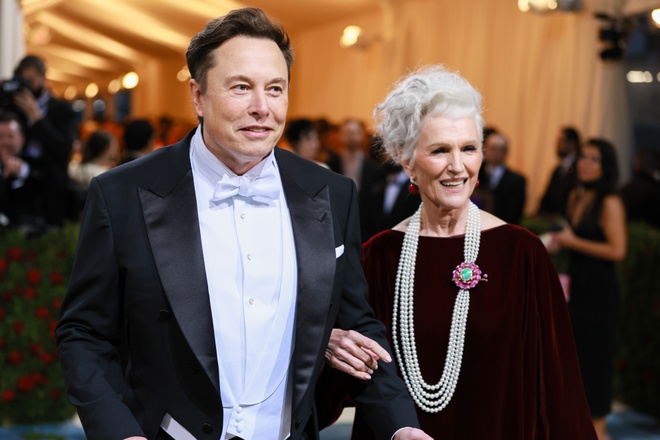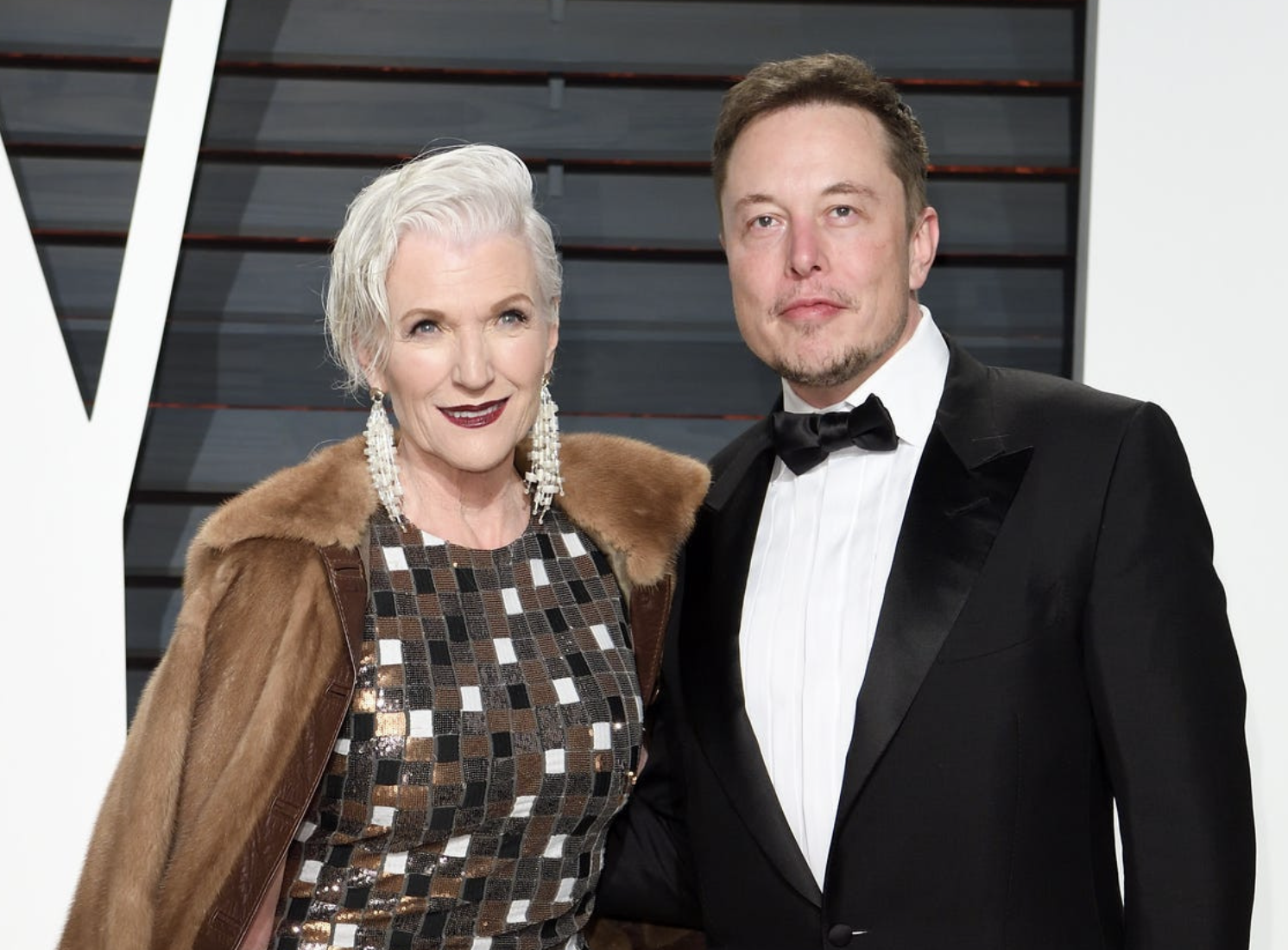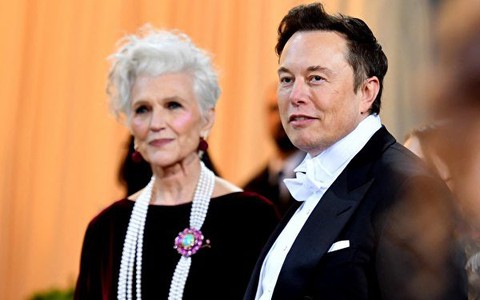Backlash Ensues After Elon Musk’s Mom Shares Frugal Parenting Tips. She said: Poor people should skip dinner and have children instead of watching movies. How did she raise the world’s richest billionaire?

Maye Musk’s Advice to Would-Be Parents: “Skip Dinner Dates, Have a Baby”—But Is It That Simple in 2025?
In a world where financial hardship is an ever-present reality for millions, Maye Musk—77-year-old mother of the world’s richest man, Elon Musk—has sparked a heated debate with her controversial advice to those hesitant about starting a family. Appearing on Fox & Friends in December, Maye doubled down on a message she’d already shared on social media: Don’t let money worries stop you from having children. Her solution? Just skip the dinner dates and movie nights—and have the baby.
“You don’t have to go to the movies, you don’t have to go out for dinner,” she told the Fox hosts. “Just spend time with the most wonderful gifts you can ever have—children.”
Maye Musk’s advice is delivered with a kind of old-world charm and resilience—an invitation to treasure the “gifts” of parenthood over fleeting material comforts. She’s been consistent with this message for years, recently responding to a comedian’s lament about the crushing cost of raising kids today. Maye recounted how she raised her three children—Elon, Kimbal, and Tosca—in modest two-bedroom homes, sometimes above a garage, never feeling deprived but rather resourceful. “We didn’t go out for dinner nor to the movies,” she wrote. “As soon as I could afford some help in the house, I opened my dietetics practice in my home… Have children, add value to your life.”

But while her intent is clearly to inspire, Maye Musk’s words have struck a raw nerve on social media. For many, her advice feels tone-deaf—a luxury-brand coupon in a dollar store. Critics were quick to point out the vast gulf between her experience and the reality faced by families today, where the cost of raising children has reached dizzying heights. “It’s not the movie tickets that are breaking us,” one commenter wrote. “It’s $400 a week for daycare and $5 strawberries.”
And the numbers back them up. According to a LendingTree study released in March, the cost of raising a child to age 18 has soared to a staggering $297,674—up 25% from just two years ago. The average annual cost to raise a small child now stands at $29,419, nearly 36% higher than in 2023. Daycare alone has jumped by over 50%, with food and insurance not far behind.
These figures don’t even account for college tuition, medical emergencies, or the countless small expenses that come with keeping children healthy, safe, and happy. Nor do they capture the emotional toll of trying to keep up with these costs while striving to give your children the best possible start in life.

For many families, the notion that skipping dinner and a movie could make parenthood affordable is laughably out of touch. The recent reduction in the Child Tax Credit—now just $2,000 per child, down from $3,600 during the pandemic—has only made things harder. In some states, families are spending a quarter of their income on child-related expenses. In Hawaii, it’s 25.4%; even in Mississippi, where costs are lower, it’s still 16%.
Maye Musk’s own story as a single mother building a career in nutrition and modeling is undeniably impressive. She worked hard, overcame adversity, and raised three successful children—including one who would become the richest man on earth. But the economic landscape has shifted dramatically since the 1970s. Today’s parents face sky-high rent, stagnant wages, vanishing benefits, and a job market that offers little security. The world Maye Musk navigated as a young mother is a far cry from the one families face today.
At the heart of this conversation is Elon Musk himself, who has long advocated for higher birth rates, arguing that the future of civilization depends on it. His mother’s perspective aligns neatly with his own: Children are a gift too precious to be overshadowed by financial worries.

But for millions of families, raising children in 2025 is not just a question of priorities—it’s a daily struggle to keep the lights on and food on the table. Suggesting that parents can simply swap out date nights for diapers overlooks the crushing weight of modern economic realities.
For many, having children isn’t just a lifestyle choice—it’s a lifelong financial commitment that feels increasingly out of reach, no matter how many luxuries are sacrificed.
In 2025, Maye Musk’s view that “children are the greatest gift” may be heartfelt, but for countless families, that gift comes with a price tag more daunting than ever before. The truth is, raising kids today requires far more than skipping a few movie nights—it demands navigating an economic minefield that leaves many parents wondering if they can even afford to provide the basics.

Maye Musk’s advice, born from her own life experience and resilience, may have worked in her time. But for millions of American families, it rings as an oversimplification of a deeply complex issue. It’s easy to tell others to focus on what matters when you have the security of a lifetime of resources. For many, the real gift isn’t just having children—it’s being able to provide for them in a world where that dream feels more distant every day.
In the end, the greatest gift of all may not be children themselves, but the ability to give them a future worth dreaming about. And that’s a reality no one should overlook.
Leave a Reply